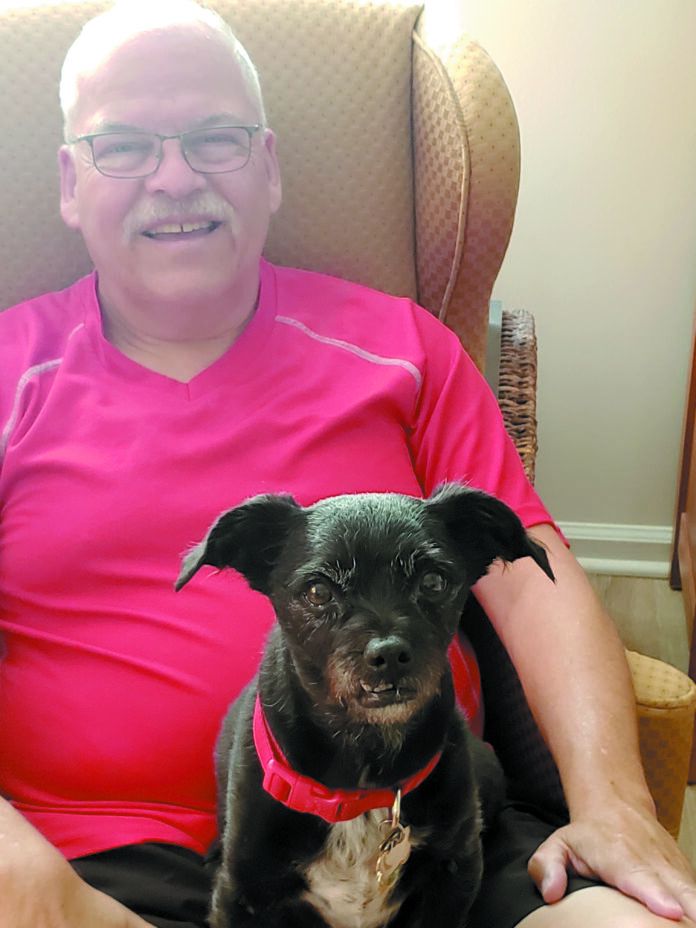Q. Our 9-year-old dachshund/cattle dox mix, Carter, suddenly no longer wants to go for a walk in the evening. Ever since he was a puppy, he would walk willingly in the morning and after dinner every day, usually without incident. However, he has always been a nervous dog, and if he heard a loud noise during the walk — fireworks, a car backfiring, a truck hitting debris on the highway — he would immediately head straight for home. There was no consoling him. However, lately our 19-pound pet will simply refuse to walk at all after supper. Since he will walk in the morning and is playful during the day, I do not believe this is a physical issue, although we have not ruled it out.
Any suggestions? We worry that if he continues to hold in his pee and poop overnight it could have consequences going forward.
John Stanzione
Toms River, New Jersey
Dear Mr. Stanzione,
A. We agree with you that Carter’s refusing to go for walks doesn’t sound like a medical issue, although it’s never a bad idea to have a veterinarian rule it out.If your dog usually pees and poops both in the morning and during the evening but is now holding it for almost 24 hours after his morning walk, he will at the very least be uncomfortable overnight. And in some cases, an older dog who resists the urge to go (so he won’t soil the house) can end up with a distended bladder and/or colon that could result in difficulty urinating or defecating. That’s rare, however, says Tufts veterinary internist Michael Stone, DVM. Most often, he comments, a dog will simply have accidents in the house or wake his owners to get him outside ASAP.
Noise phobia — which Carter seems to have — most certainly might be the cause of his new unwillingness to go for walks in the evening. He may have heard one unsettling noise too many, and he may have heard it one evening as he headed out for his nighttime constitutional. That could have sensitized him to the point that he just can’t bear evening walks at the moment.
Try changing things up a little. See if taking him an hour earlier or later than usual helps. Or perhaps you can take him outside through a different door than the one he usually goes through. Maybe you can coax him with special treats, making the desire to go outside stronger than the urge to protect his ears. Or, if you are able, carry the 19-pounder out and walk a bit before setting him down to ease him past what he perceives as the nerve-wracking barrier. It could even be that going before sunset would do the trick; he may now associate nighttime with the noise that put him over the top.





